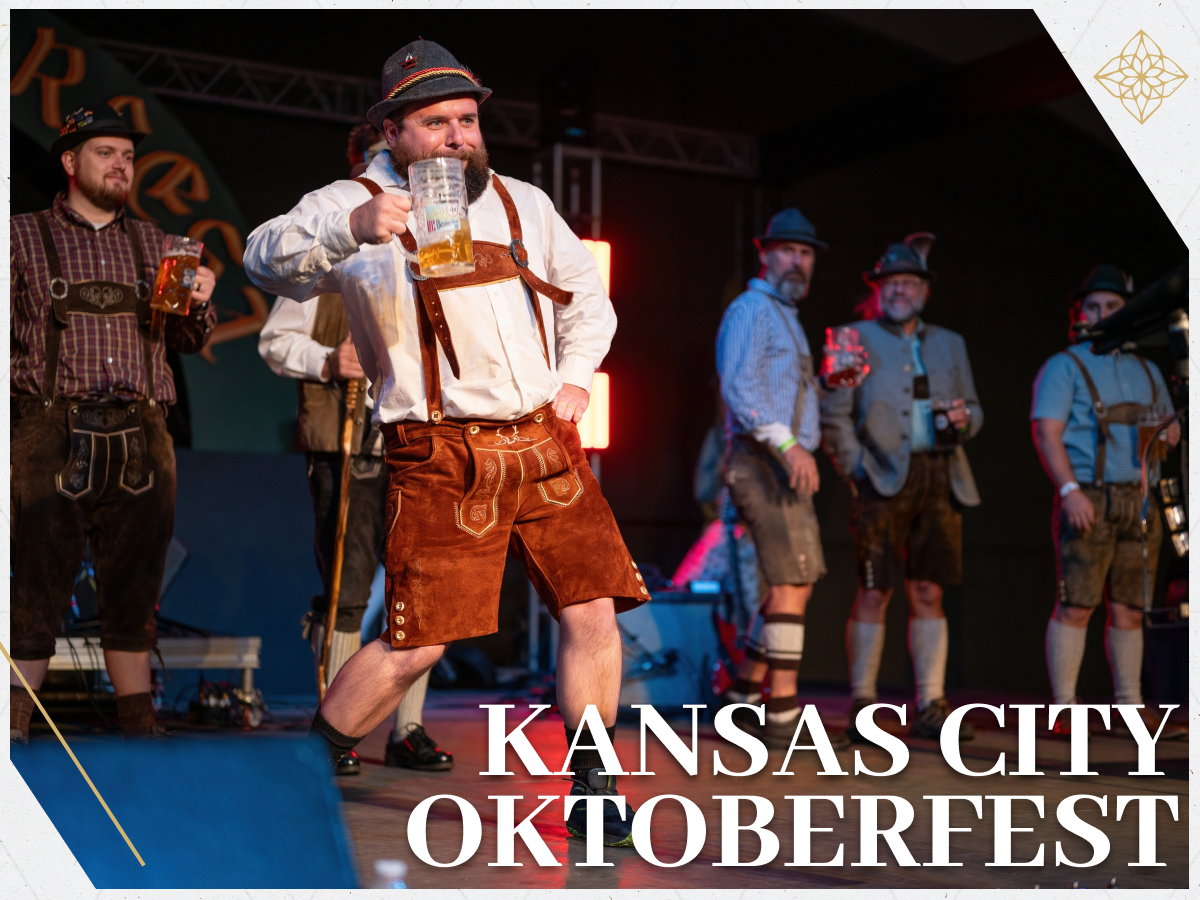Augustiner Beer
Get a $10 store credit for your first order
Augustiner beer: The frothy crown of German heritage!
Cheers to the liquid gold that has flowed through the heart of Germany for centuries! With its unmistakable taste and rich legacy, Augustiner beer stands proud as the frothy crown of German heritage. Prost!
Augustiner: A toast to Munich's oldest brewery
The story of Augustiner began in the year 1328. While Europe was undergoing significant changes, with the Renaissance just around the corner, a group of Augustinian monks in Munich started brewing beer in their monastery. This wasn't just a pastime; it was a way of life. Monasteries were the brewing epicenters of the Middle Ages, and the monks were the master brewers.
In 1516, the famous Reinheitsgebot, or Bavarian Purity Law, was enacted. This law decreed that beer could only be made from three ingredients: water, barley, and hops. Augustiner, with its commitment to quality and tradition, has always adhered to this law. Even today, when you sip an Augustiner beer, you're tasting a brew made with the same purity and simplicity as it was nearly 700 years ago.
Over the centuries, Augustiner Bräu faced numerous challenges. Wars, plagues, and changes in ownership could have been the end for this historic brewery. But with resilience and a commitment to their craft, they not only survived but thrived.
In 1803, during the secularization period in Europe, the Augustinian monastery was dissolved. However, the brewery lived on. It was privatized and has remained in private hands ever since, making it the oldest privately-owned brewery in Munich.
Today, Augustiner Bräu is more than just a brewery; it's a symbol of Munich's rich history and culture. While it has modernized its brewing techniques and expanded its reach, the essence of the beer remains unchanged. The brewery still uses wooden barrels for many of its beers.
Visiting the Augustiner Keller, one of Munich's most famous beer gardens, is like stepping back in time. The ambiance, the traditional Bavarian food, and, of course, the beer, all speak of a legacy that has been preserved and cherished for centuries.
Augustiner and Oktoberfest: A match made in Munich
When the leaves start to turn golden and there's a crispness in the air, Munich comes alive in a way that's unparalleled anywhere else in the world. It's Oktoberfest time! And while the festival is a celebration of Bavarian culture, music, and food, at its heart, it's all about the beer. Among the illustrious six breweries that are allowed to serve at the Oktoberfest, Augustiner Bräu holds a special place.
Augustiner's relationship with Oktoberfest isn't just a matter of business; it's a bond forged in history. The brewery, being Munich's oldest privately-owned one, has been a part of the Oktoberfest since the festival's inception in the early 19th century. When you sip an Augustiner at Oktoberfest, you're not just enjoying a beer; you're partaking in a tradition that spans centuries.
The Augustiner Festhalle
Each brewery at Oktoberfest has its own tent, known as a 'Festhalle', and Augustiner's is one of the most beloved. The Augustiner Festhalle is known for its traditional and family-friendly atmosphere. Unlike some of the larger, more commercial tents, the Augustiner tent has a more intimate and authentic feel.
One of the unique features of the Augustiner Festhalle is that the beer is still served from wooden barrels, just as it was in the old days. This not only adds to the traditional ambiance, but many argue it gives the beer a distinct and fresher taste.
While all beers served at Oktoberfest are special, Augustiner's Oktoberfestbier stands out. Brewed specially for the festival, this beer is a Märzen-style lager, characterized by its rich amber color, malty flavor, and a slightly higher alcohol content than regular lagers. It's the perfect companion to the hearty Bavarian dishes served at the fest.
A journey to the heart of Germany
Now, I know what you're thinking. "I've GOT to try this beer!" And while you might find a bottle or two at a specialty store near you, there's nothing like experiencing Augustiner from its origin. Imagine sipping a freshly brewed mug in a traditional Munich beer garden, with the scent of pretzels in the air and the sound of laughter all around. It's not just a drink; it's a journey to the heart of German culture.
Win a trip to Munich!
And speaking of journeys, how about a chance to win one? If this article has you daydreaming of Bavarian adventures, then here's your golden ticket. Enter our "Win a Trip to Munich" contest and stand a chance to experience the magic of Germany firsthand. From the historic streets of Munich to the frothy mugs of Augustiner, it's a trip you won't forget!
FAQ
What does Augustiner beer taste like?
Augustiner beer is renowned for its pure and traditional flavor profile. It boasts a crisp, clean taste with a delicate balance of malt sweetness and hop bitterness. Depending on the specific variant, you might detect notes of grain, fresh bread, and subtle fruity undertones. Its finish is smooth, making it a favorite among beer enthusiasts who appreciate classic German lagers.
What is the alcohol content of Augustiner beer?
The alcohol content of Augustiner beer varies depending on the specific variant. Typically, their beers range from 4.5% to 5.6% alcohol by volume (ABV). For instance, the Augustiner Edelstoff has an ABV of 5.6%, while the Augustiner Lagerbier Hell sits at around 5.2%. Always check the label for specific alcohol content of the beer variant you're consuming.
What kind of beer is Augustiner Helles?
Augustiner Helles is a type of German lager. "Helles" in German means "light," referring to its pale golden color, not its calorie or alcohol content. It is characterized by its clear, golden hue, mild hop aroma, and a balance of malt sweetness with a touch of bitterness. It's a refreshing beer with a smooth finish, making it a popular choice for everyday drinking in Bavaria.
Get a $10 store credit for your first order









Leave a comment